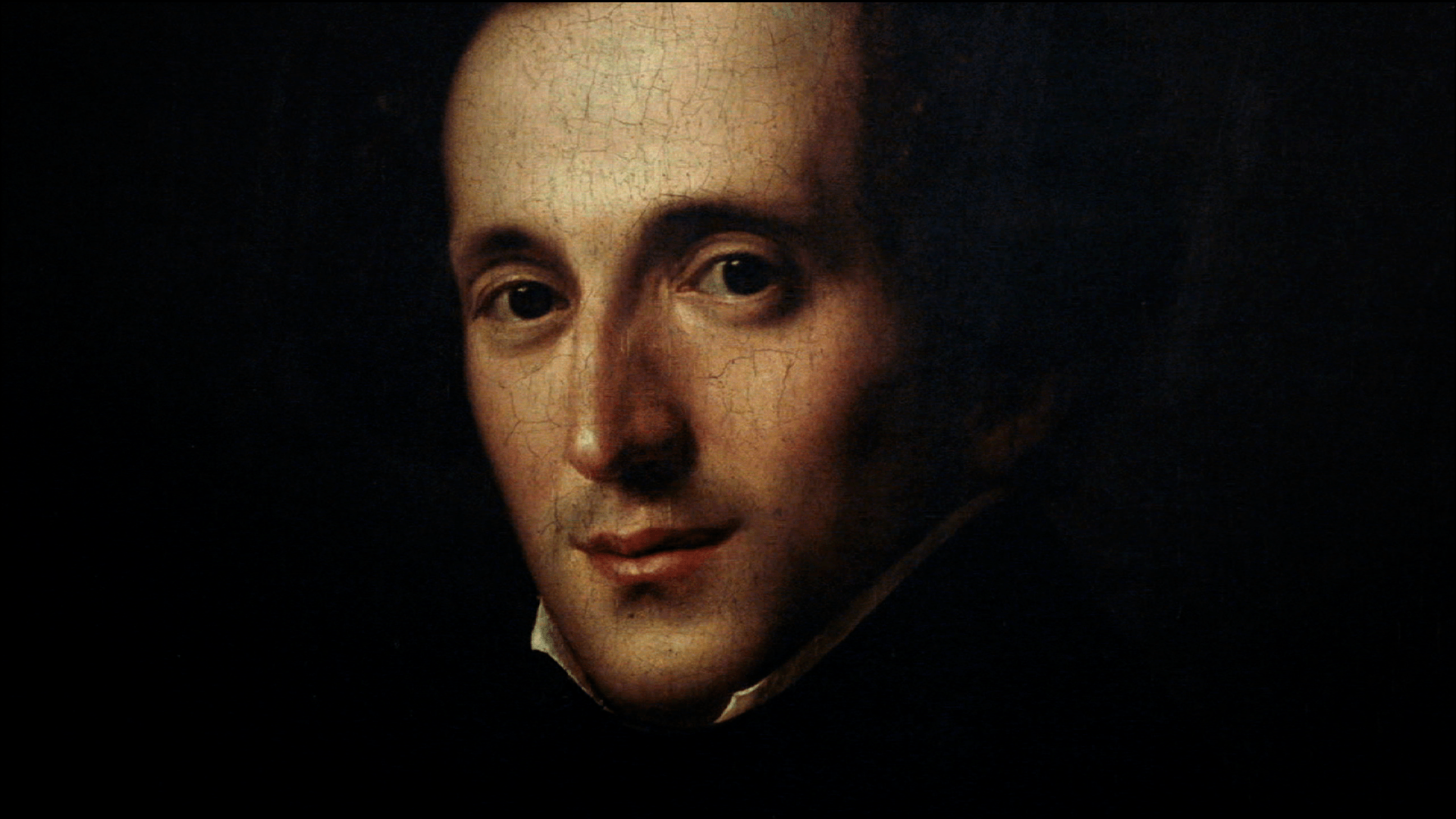Schumann’s Arabeske in C Major, Op. 18: Fluid Fragments
Robert Schumann’s Arabeske in C Major, Op. 18 for solo piano is dreamy and wistful. Its title evokes the intricate floral patterns of Arab architecture. In this ephemeral music, well-structured classical form is replaced by fluid fragments which combine to form a shimmering whole (Erika Reiman). The opening bars give us the sense that we are joining music already in progress. The atmosphere is simultaneously tender and majestic. Phrases develop with obsessive …






